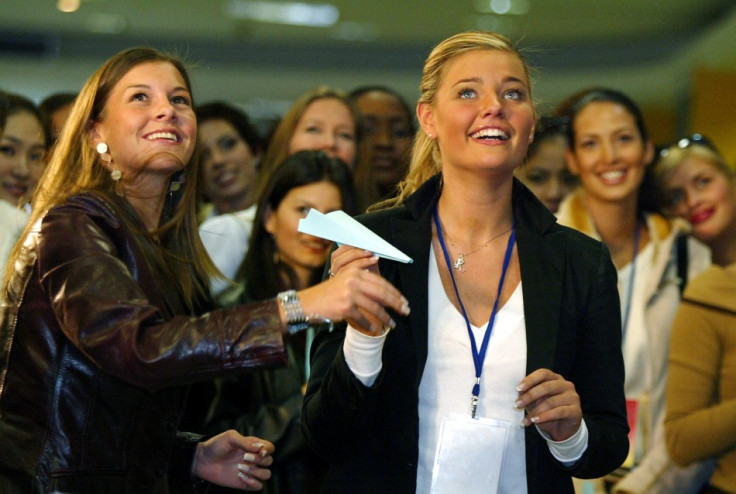Sunday Herald publishes picture of 'injunction footballer'

The law surrounding privacy injunctions intensified on Sunday when a newspaper printed a front-page photograph of the footballer alleged to have had an affair with the model Imogen Thomas.
The Sunday Herald, which is published in Scotland and so not bound by the injunction, led with the image of the footballer on yesterday's front-page. A thin black band covered his eyes with the word "censored" in capital letters. The player's identity was clearly recognisable and the caption below the photograph read:
"Everyone knows that this is the footballer accused of using courts to keep allegations of a sexual affair secret. But we weren't supposed to tell you that...".
In an accompanying news story the paper named the footballer as the subject of Twitter speculation, but did not specifically link him to Thomas. The front page, editorial and news story have not been published on the newspaper's website.
In its editorial column, the newspaper wrote:
"Today we identify the footballer whose name has been linked to a court superinjunction by thousands of postings on Twitter. Why? Because we believe it is unsustainable that the law can be used to prevent newspapers from publishing information that readers can access on the internet at the click of a mouse.
"Because we believe it unfair that the law can not only be used to prevent the publication of information which may be in the public interest but also to prevent any mention of such a court order.
"The so-called superinjunction holds no legal force in Scotland where a separate court order is needed. We should point out immediately that we are not accusing the footballer of any misdeed. Whether the allegations against him are true or not has no relevance to this debate."
In recent weeks there has been heightened scrutiny of gagging orders such as injunctions and so-called super-injunctions -- court orders that prevent the media from revealing even the fact that an injunction has beengranted.
Until now, the escalating privacy battle between wealthy celebrities and users of social media websites has played out mostly online.
However, on Friday lawyers acting for the footballer launched legal proceedings against the U.S. based website Twitter in an attempt to force the company to reveal the names of users who had breached the injunction.
Within hours of the move being announced his name was trending as thousands of people posted his name online, openly taunting the judiciary and making a mockery of the legal system.
And as Premier League matches kicked off around the country yesterday afternoon more pressure was piled on the player as fans could be clearly heard chanting his name.
Quoted in The Telegraph, Liberal Democrat MP John Hemming described the law as a "joke" and said it required an urgent rethink.
He said: "The judges' application of privacy law, which is ill conceived to start with, is now close to breaking point, under pressure from the biggest act of civil disobedience seen for many years.
"Thirty thousand people have now broken the law by telling a joke. This is making the judge's application of the law a joke. The footballer is being named across the world and now also in Scotland. It is only in England and Wales where he must not be named."
And in an apparent vindication of the paper's stance, the attorney general said today that he is not considering legal action against the newspaper.
Dominic Grieve says he is aware of the Sunday Herald's story but is not actively seeking contempt proceedings.
© Copyright IBTimes 2025. All rights reserved.





















